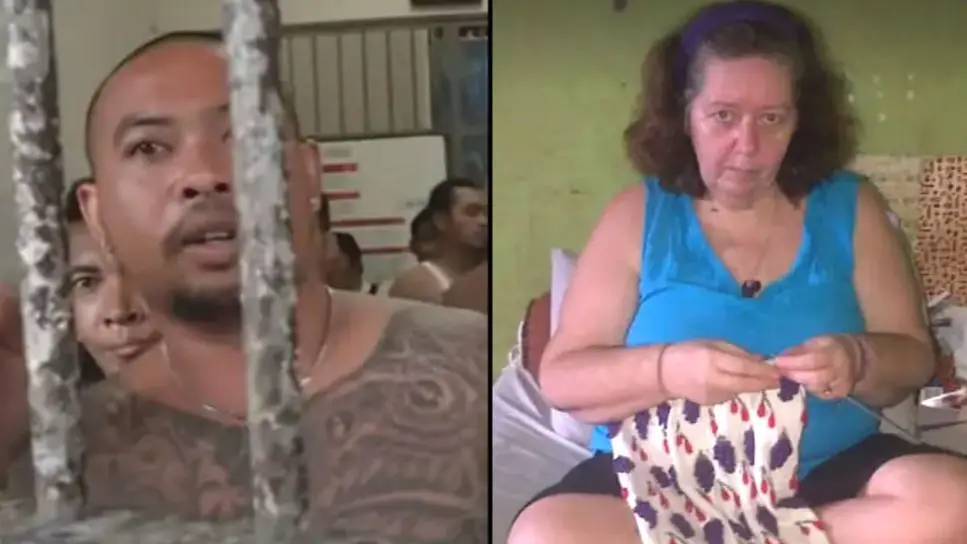
Pictures offer us a glimpse at what it is like inside the Bali prison where a British grandmother is on death row.
Lindsay Sandiford, from Cheltenham, was found with cocaine worth an estimated £1.6 million when she arrived in Bali from Thailand in May 2012.
The former legal secretary was sentenced to death by a court in Indonesia in 2013, and the 65-year-old has now been on death row for almost a decade.
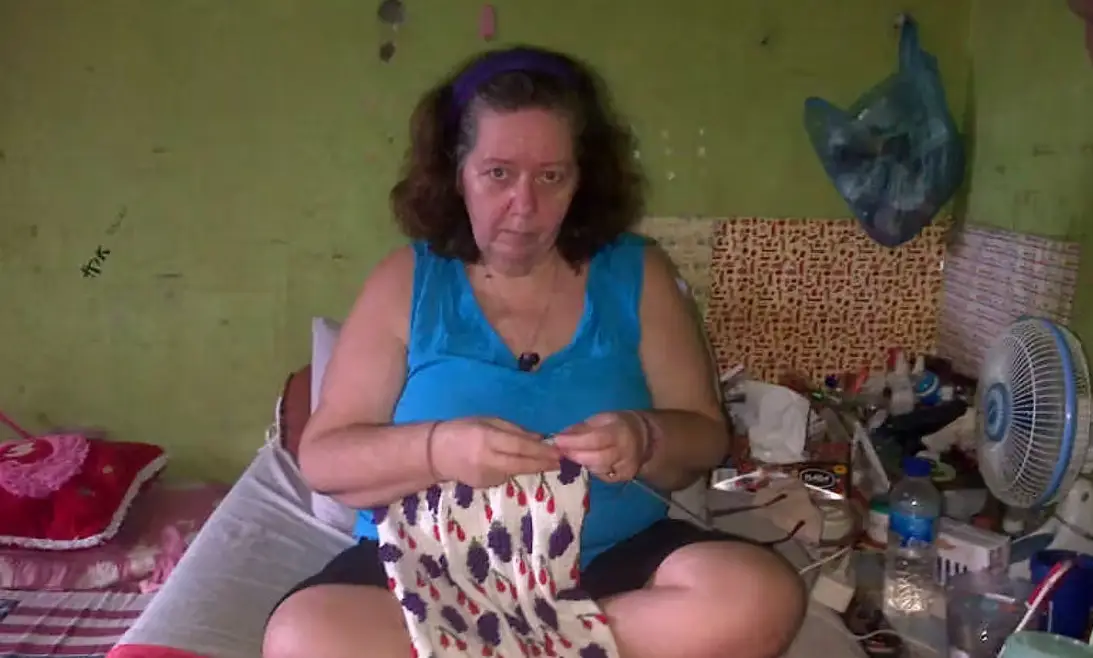
Advert
She is being held in Kerobokan prison, on the island of Bali, where she is likely to face death by firing squad.
The prison was built in 1979 to hold around 320 prisoners, but as of 2017 almost 1,300 inmates were being packed into the penitentiary.
As of 2018, Sandiford was being held in a newly built facility in Kerobokan – but the issue of overcrowding remains.
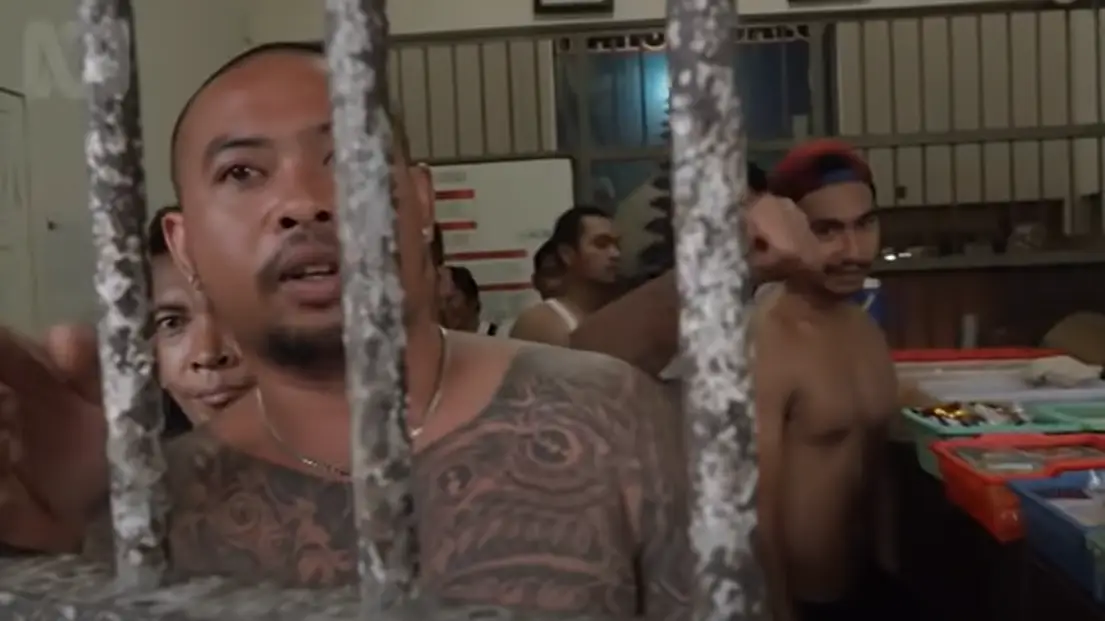
According to the Jakarta Post, warden Setyo Pratiwi said during the launch of the new building: "The new building has a capacity for only 120 prisoners. However, we currently have a total of 198 prisoners."
Heru Saputra, an inmate who was serving an 18-month sentence after being caught using methamphetamine, spoke to ABC News in 2017, when he was being held in a block that was at double its capacity.
He said: "We just have to accept what we have here. This place is overloaded but we have to just live with it.
"There is no other place. Where else can we go?"
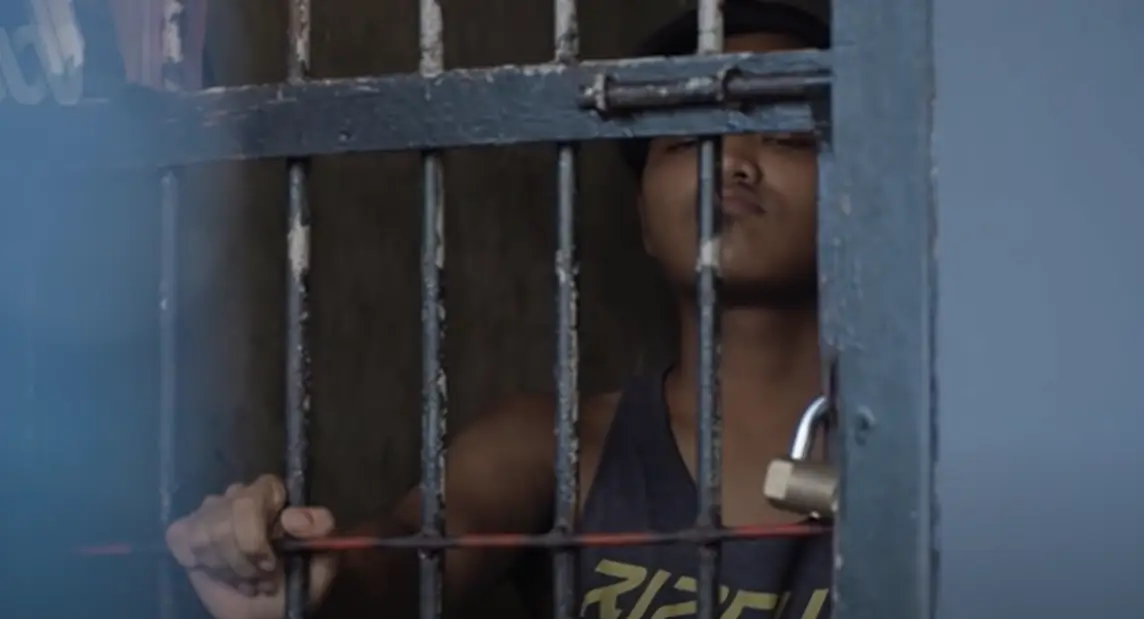
Sandiford claimed she was pressured into carrying the drugs by a gang who had made threats against her children, and her lawyers also argued she was suffering from mental health problems.
In a statement to the court, she expressed regret over her involvement.
She said: "I would like to begin by apologising to the Republic of Indonesia and the Indonesian people for my involvement.
"I would never have become involved in something like this but the lives of my children were in danger and I felt I had to protect them."
Indonesia has extremely strict drug laws, and around 75 percent of prisoners at Kerobokan have been convicted on drug charges.
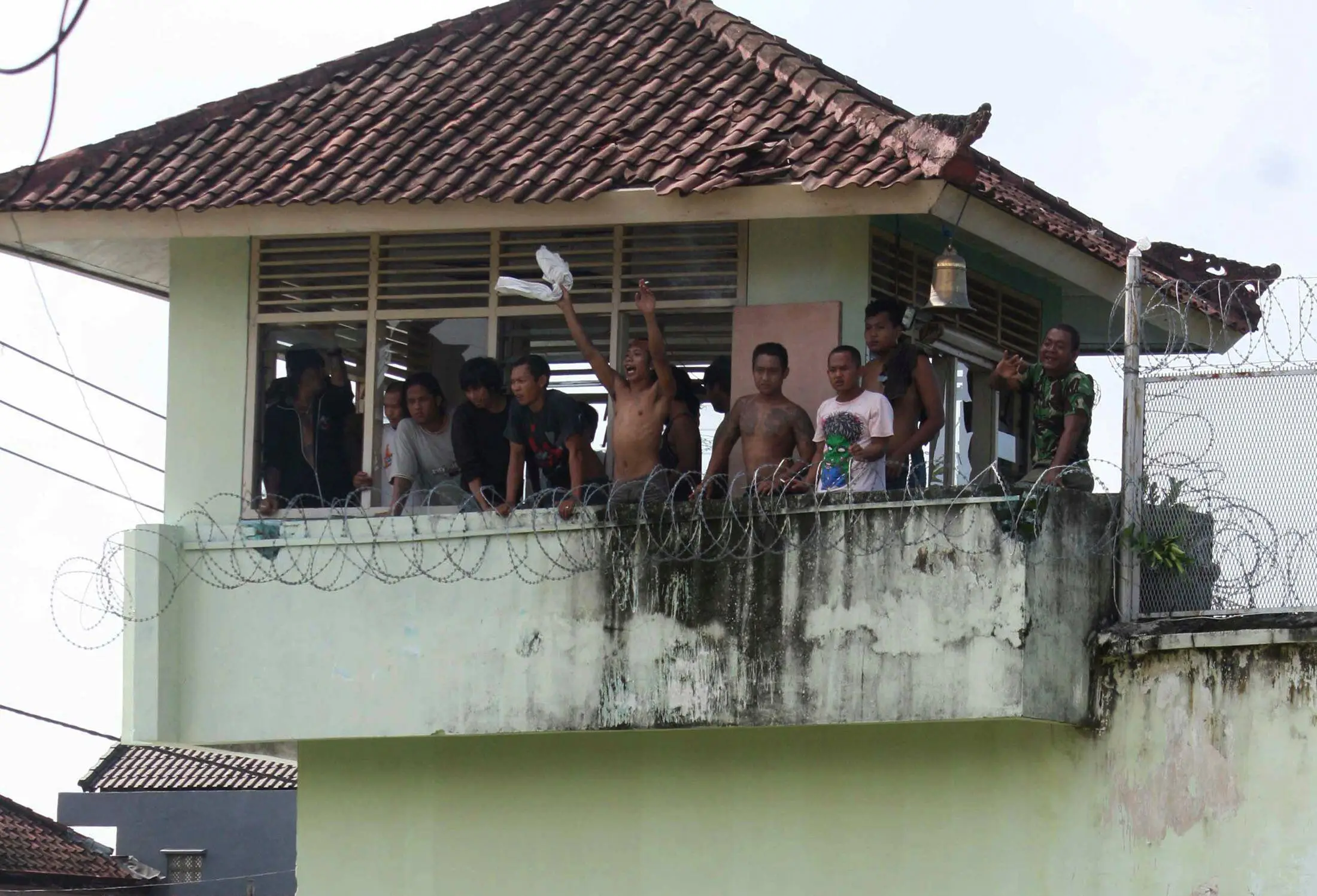
The country is among the minority to retain the death penalty in law, though executions are carried out infrequently and prisoners can be held on death row for a long time.
A police officer who has been part of an Indonesian firing squad told The Guardian in 2015 that pulling the trigger isn't the hardest part of the job.
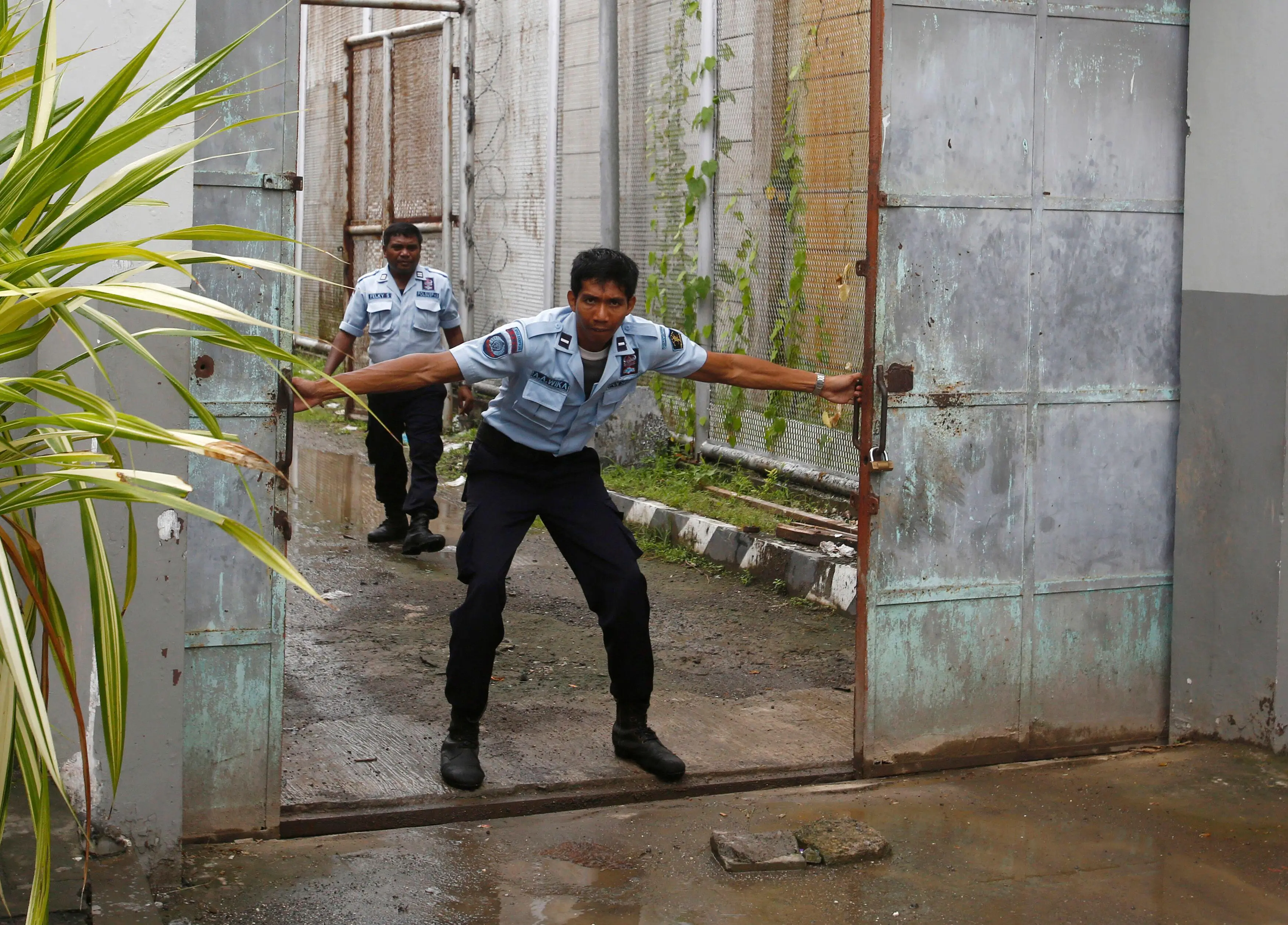
"The mental burden is heavier for the officers that are responsible for handling the prisoners rather than shooting them," he said. "Because those officers are involved in picking them up, and tying their hands together, until they are gone."
Research published last year indicated that 69 percent of the Indonesian public support the retention of the death penalty, though only 2 percent felt they were very well informed about capital punishment.
Topics: Crime, UK News, World News